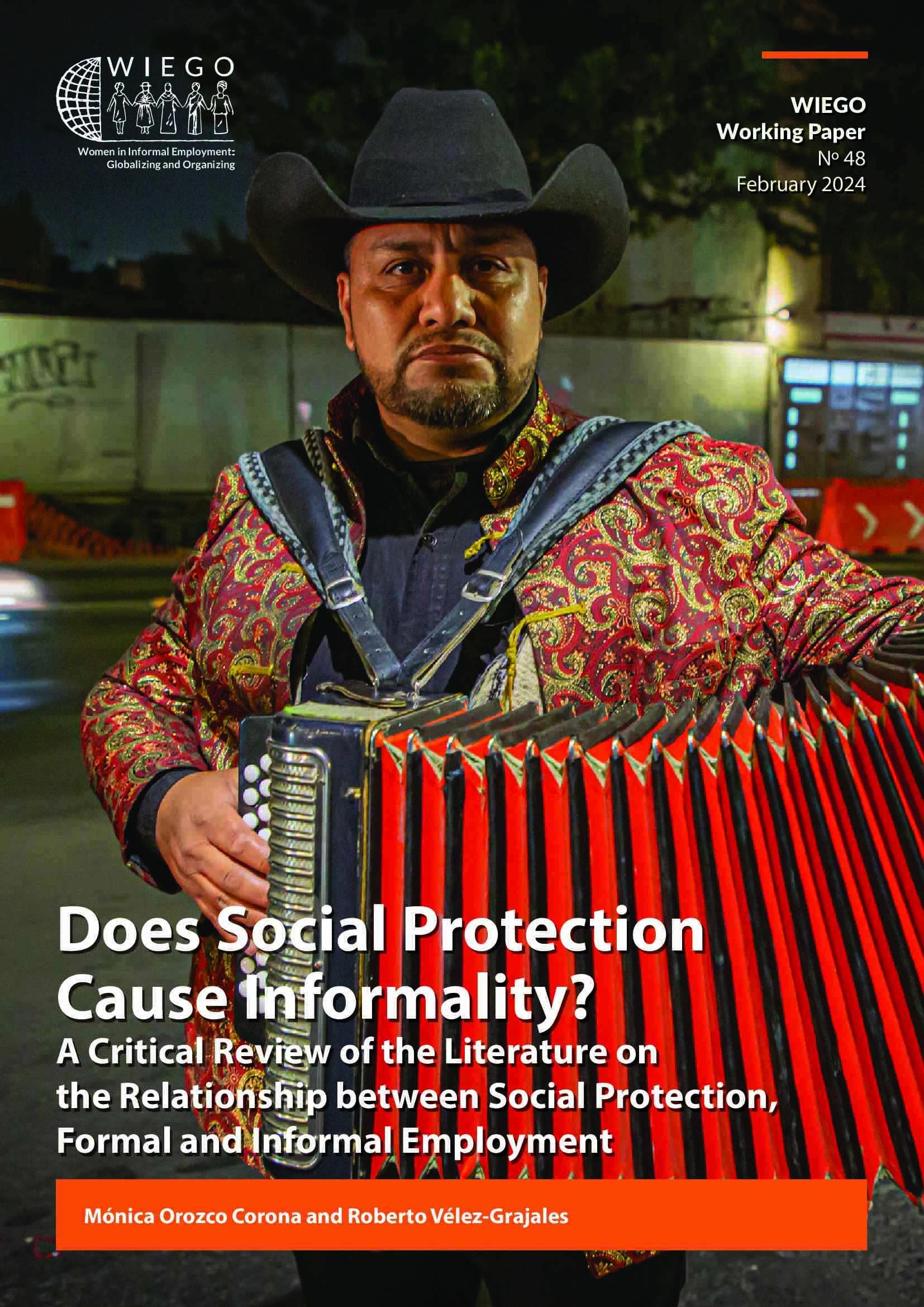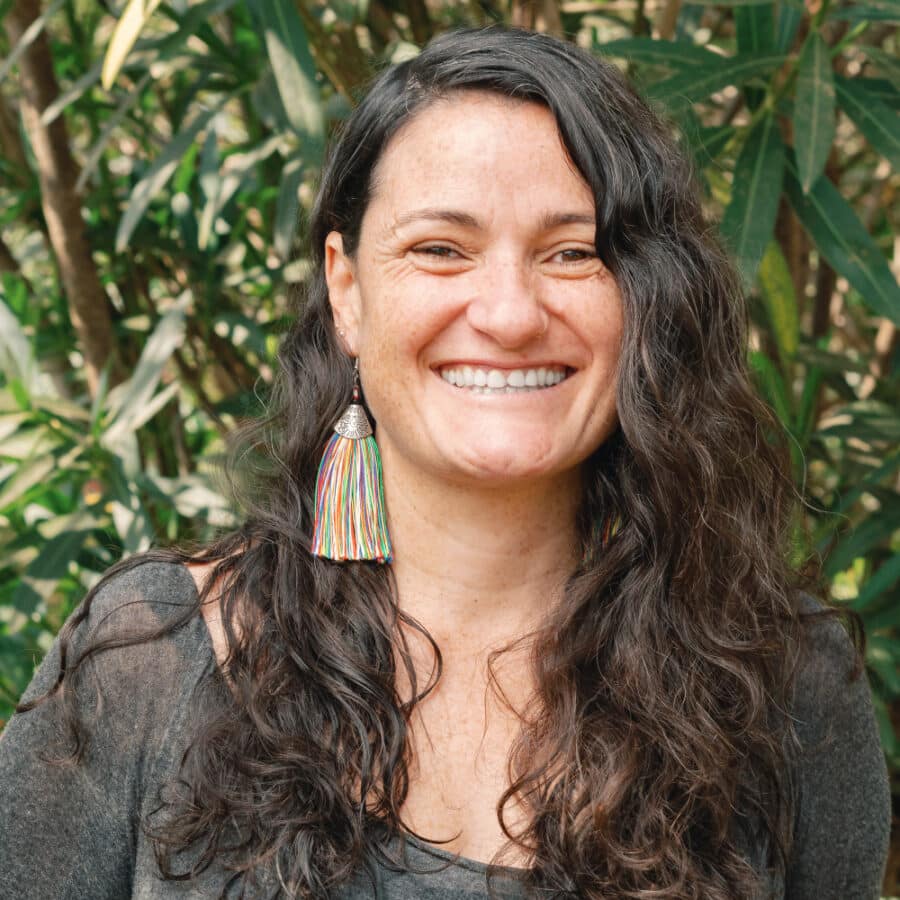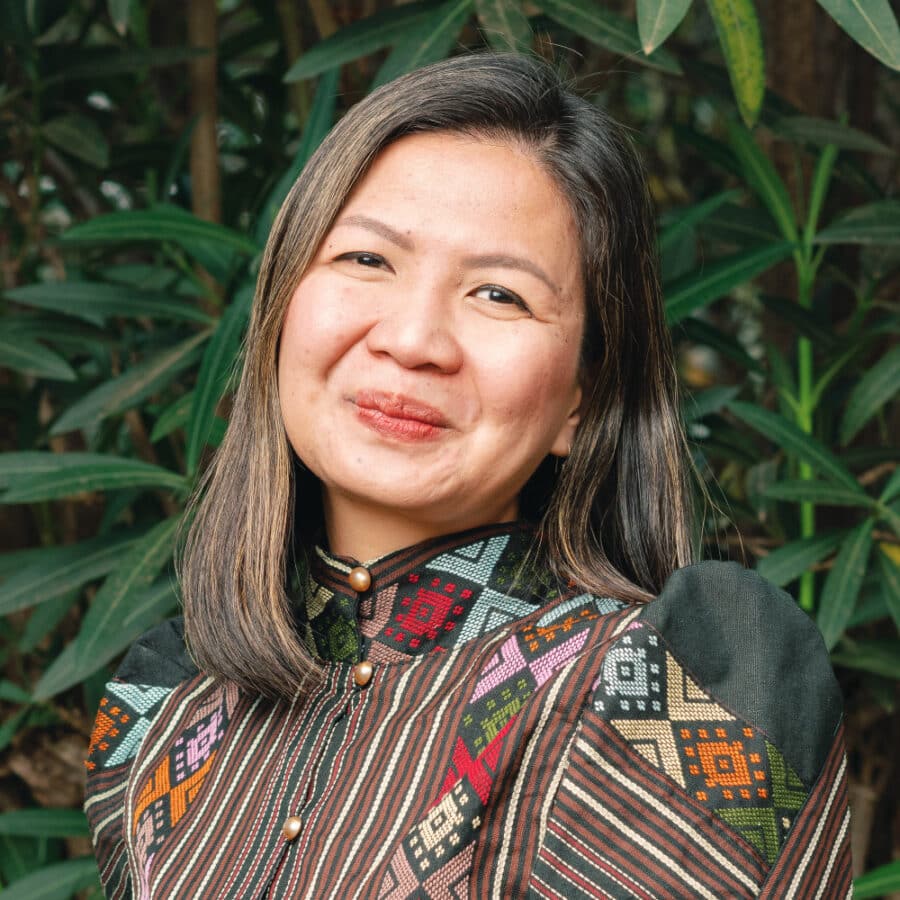Intro to the ProgrammeWorkers in informal employment need access to social protection that will protect and mitigate risks to their income security and help them cope after a shock.
WIEGO’s Social Protection Programme is committed to supporting workers to access these rights, through research, policy advocacy and capacity building.





